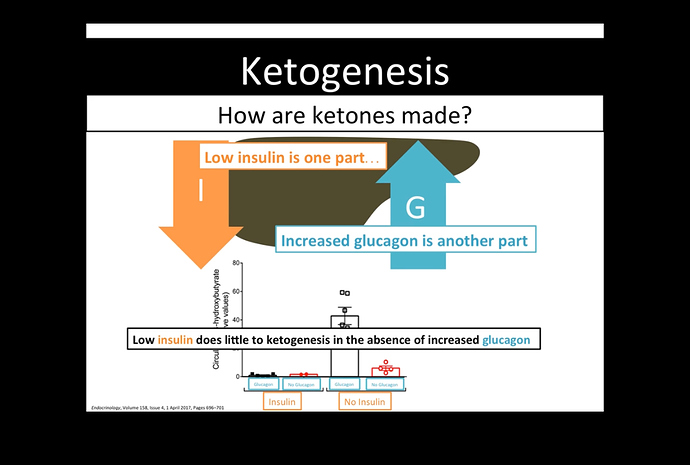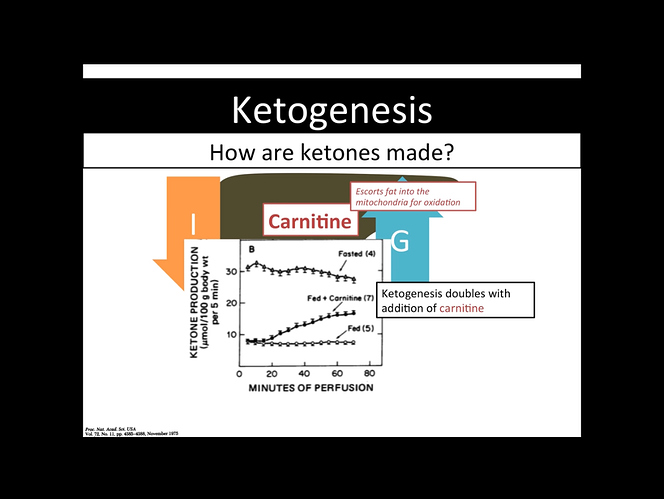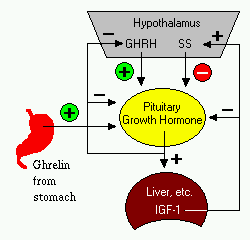I bought a continuous glucose monitor specifically to test whether I would get higher glucose levels after eating high protein meals. I ate upwards of 150 grams of protein in a meal and could find no evidence either of an increase or decrease in blood sugar. For instance, I could eat a pound of 80/20 ground meat (120 grams of protein) and one can of anchovies with olive oil, and could not tell at all when I ate. I would eat shrimp + mussels + fish (eg, sardines), and get maybe a tiny initial rise, which I attributed to some carbs in the shrimp and mussels.
After several months of testing, I gave up. I could not find a delayed blood sugar rise or any blood sugar rise.
Note I think this is highly variable. Jimmy Moore experienced hypoglycemia (low blood sugar) from eating high protein meals.
Another interesting question is whether higher protein affected my ketone levels. I initially thought so, as I would fast 36 hours, workout, then eat a high protein meal. Testing ketones after eating showed what I thought were lower ketones relative to a morning/before workout ketone level. However, with more testing, including testing before and after the workout, I realize that my ketones plummet (and my blood sugar rises) when I work out after fasting 36 hours. That’s independent of eating.
So, it’s unclear. It’s also muddied by the fact that if I eat higher fat, that seems to increase my ketones. Thus, if I eat a high protein, low fat meal after exercising, but then have a higher fat dinner (typical for me), any lowering effect of protein will be counteracted by the higher fat dinner. It’s further muddied by the fact that I test ketones at most 4 times a day, typically much less, which is not a lot.
Also, note that Jimmy Moore and Dr. Limansky tried high protein, lower fat, lower calorie for a week, their ketone levels went UP.
After testing higher protein, lower fat for months, I’ve moved to eating lower fat, higher protein, typically. I’ll still have some higher fat keto meals, but most of meat is lower in fat. (Though I don’t throw away chicken skin, eat only the breast meat, etc., as I did in my low fat days – I eat the meat I have, and all of it; I’ve just transitioned to eating ham instead of salami, for instance.)






